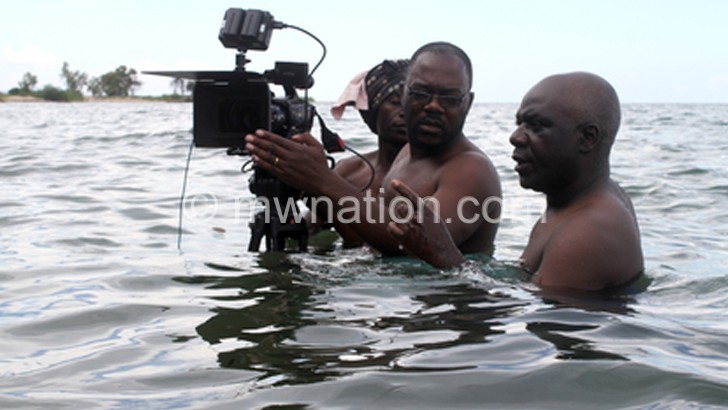2018 Malawi Film Festival on
The Malawi Film Festival 2018 is now on. The festival has started screenings in Songani, Zomba and Kachere Township in Blantyre.
Caleb Muchungu, one of the organisers of the festival, the event is being supported by Movies That Matter, an organisation based in Holland.
“In Malawi, the festival is being implemented by Positivo, a non-governmental organisation registered in Malawi and Mozambique that seeks to bring films to rural communities in Malawi on the big screen,” he said.

Muchungu said Malawi has produced impressive award-winning films such as Charles Shemu Joya’s The Last Fishing Boat, but that there are many Malawians who have never even watched a single Malawian film.
“They instead watch Nigerian and Western-produced films because these are easily accessible,” he said.
In a statement issued by Positivo, the NGO said few Malawians have the chance to see films on the big screen as cinema halls are only in major cities and the entrance fees are prohibitive.
“Now ordinary Malawians have the chance not only to view The Last Fishing Boat, pitting traditionalism versus modernity in a changing Malawi, but also Joyce Mhango-Chavula’s Lilongwe, showing the determination of a rural girl to succeed in life despite all odds that keep on popping on her path, from a violent rape to other abuses,” reads part of the statement.
The festival also features The Pearl of Africa, a film that shows how discrimination and prejudice against people who are different creates a challenge to such people, leading to the main character being forced to flee from Uganda after a climate of intolerance and a brutal physical assault.
The other major film is Children of Tobacco which shows how over 78 000 children work in the tobacco industry in Malawi; thus, denying them the chance to grow as children to play and go to school.
The main themes of the festival are child labour, discrimination and intolerance. Other themes include gender dynamics, and the changing face of the country as modernity eats into the traditional set up.
The festival is an interactive experience where viewers do not only watch the films but actively get involved in debates and discussions after watching each film, identifying problems that are similar to their own and at the same time coming up with solutions to them, according to a statement from Positivo.
After Zomba, the films will be screened in Kasungu and Mzimba.
Recently, the award-winning movie maker Shemu Joyah told The Nation that the film industry needs help for it to grow and to ensure that Malawians have access to local movies.
“The reason many locals do not have access to our movies is that we do not have proper distribution channels. Without cinemas filmmakers in Malawi will still have it tough,” said Joyah.





